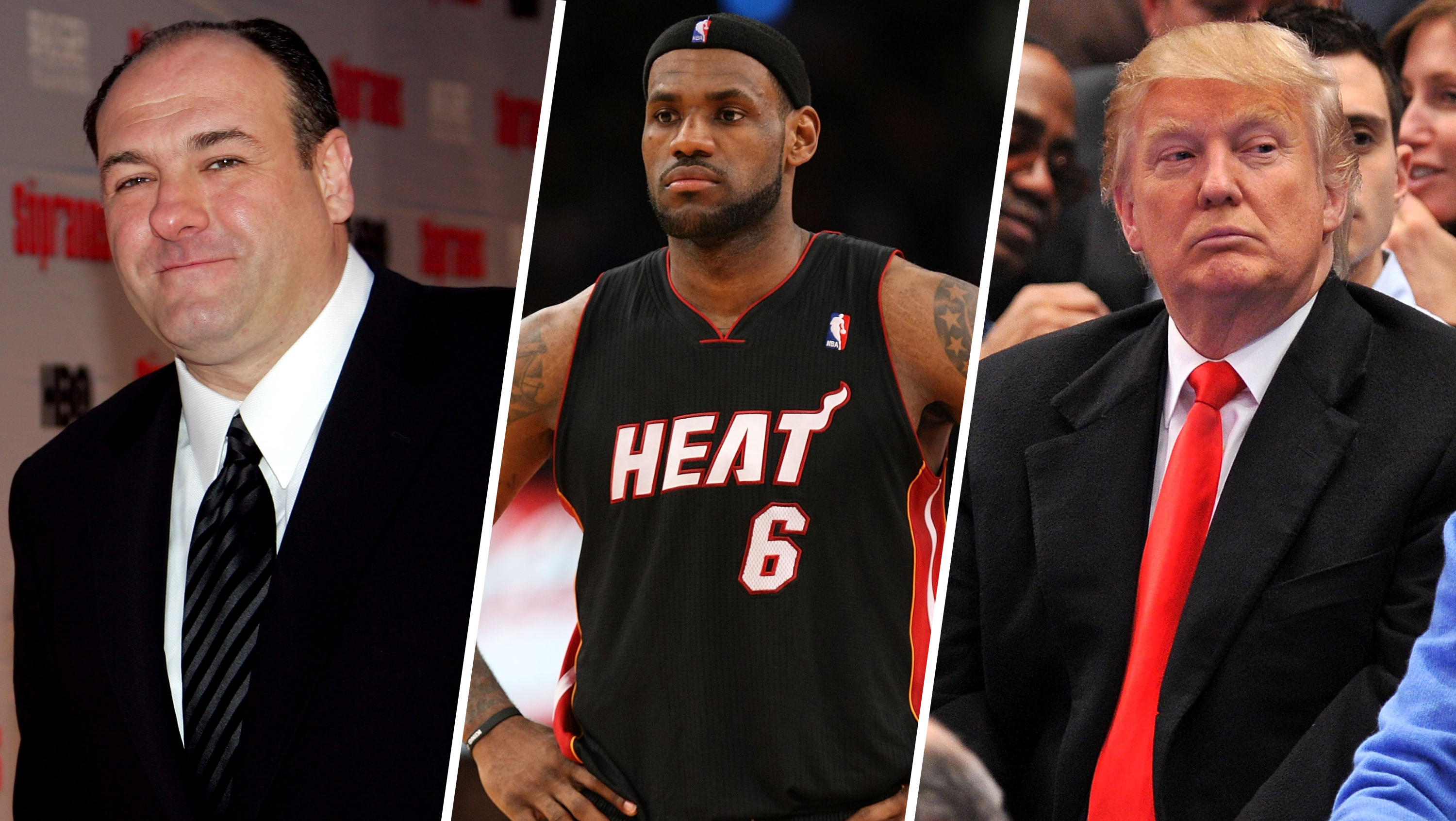The conviction of a New York City councilman serving a five-year prison sentence may be in jeopardy after a federal appeals court launched a probe Thursday to see whether spectators were improperly excluded from his trial.
The 2nd U.S. Circuit Court of Appeals asked the trial judge to look into claims by lawyers for the convicted former councilman, Larry Seabrook. His attorneys say three spectators were excluded from portions of jury selection for his six-week 2011 trial, including his brother, a friend and a former constituent.
In a similar instance two years ago, the appeals court tossed out a man's immigration conviction and ordered a new trial.
Seabrook, 62, was convicted of misdirecting hundreds of thousands of dollars for community projects to his girlfriend and family. A former state assemblyman and senator, he was sentenced to five years in prison.
His trial was notable in part because evidence offered by the government included a doctored receipt that increased the price of a $7 sandwich and Snapple to $177.
The case grew from a wider probe into possible abuse of discretionary funds by City Council members. The government presented evidence that Seabrook misdirected more than $2 million from 2002 through 2009 by channeling it to nonprofit organizations that he controlled but were not doing legitimate work. Prosecutors said Seabrook paid more than $400,000 in salary and consulting fees over the seven-year span to his girlfriend, siblings and other relatives.
Seabrook, a Bronx Democrat, is scheduled to be released from prison in 2017.
Local
Messages left with his lawyer were not immediately returned.
In its order, the 2nd Circuit said the three individuals submitted affidavits saying that the judge's deputy clerk asked them and others to leave the courtroom for a substantial portion of jury selection.
The appeals court said Seabrook did not raise the issue before the trial judge, but "given the exceptional importance of the right to a public trial, we consider it nonetheless."
It directed the trial judge, Deborah A. Batts, to clarify whether people were excluded from the courtroom, and, if so, whether defense lawyers were aware people were excluded.
The appeals court said the findings were necessary for it to determine whether Seabrook's Sixth Amendment rights were violated and whether his lawyers did what was necessary to protect his rights.



